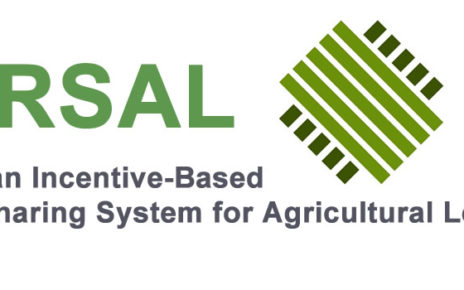The Manufacturers Association of Nigeria (MAN), has urged the Joint Tax Board (JTB) to facilitate the take off of the implementation of the harmonised taxes and levies with a view to ensuring compliance by states and local governments.
The Director-General of the association, Mr. Joseph Ajayi-Kadri, made the appeal at the 46th Annual General Meeting (AGM) of the association tagged ‘Mainstreaming Policies to Catalyse Industrial Renaissance in Lagos’.
This is even as he canvassed the reduction of the Company Income Tax (CIT) from the prevailing 30 per cent to 20 percent to promote higher industrial and other sector’s productivity and generate employment in the economy.
According to him, one of the urgent steps requiring the fiscal authorities action is that the tax net should be expanded to capture the non-tax paying firms, particularly those operating in the informal sector and not to increase tax burden on the already tax compliant businesses.
The business management expert advised the government to also deploy appropriate border surveillance technology, improve the logistics arrangements at the borders and recruit, train and improve the welfare of customs personnel to guarantee efficient border monitoring and improved revenue to government coffers
Ajayi-Kadri, who spoke broadly on various challenges facing real sector operators and what should be done to improve the performance of the manufacturing sector, asked the government to address urgently the lingering energy crises in the country so as to help reposition the sector and the economy on path of sustainable growth.
The Director-General pointed out that action should be taken to resuscitate domestic refining of crude oil, support the efficiency of the generation, transmission and distribution companies and operability of independent power producers for on/off grid power generation.
This is even as he urged the monetary authorities to entrench better foreign exchange rate management such that the industrial sector, including the SMEs, could easily access forex allocation for raw materials, spare parts and machinery.
To improve the performance of the real sector, the DG also advocated the need for monitoring and enforcement of the Executive Orders 003 and 005 by the Federal Government on the patronage of made in Nigerian goods by Ministries, Department Agencies (MDAs) at all tiers of government.
Ajayi-Kadri commended the Federal Government over its economic reform initiatives which implementation commenced since 2017 and had resulted in a marginally better economic year when compared to 2016 which was bedeviled by recession.
He explained: “The foreign investment inflow into the country witnessed uptick in the fourth quarter of 2017 from 0.344 billion dollars to 0.378 billion dollars recorded in the corresponding quarter of 2016.
“It indicates a 9.8 per cent increase over the period. Manufacturing Sector FDI increased to 378 million dollars in the fourth quarter of 2017 from 314 million dollars of the corresponding period of 2016, indicating a 20.47 per cent increase over the period.
“Production in the manufacturing sector totalling 9.48 trillion in 2017 against the 8.78 trillion total of 2016 thereby indicating 8 per cent increase over the period. However, the value of manufacturing production in the second half of 2017 was estimated at 4.81 trillion as against 5.02 trillion recorded in the corresponding half of 3016 indicating a 4.2 per cent decline over the period”, he added.
In his remarks, the MAN President, Dr Frank Jacobs, listed the inventory of unsold finished products, inadequate electricity supply, frequent increase in electricity tariff and abnormally high interest rates as pointers to the challenges that manufacturers were still contending with nationwide.
He said: “Inventory of unsold finished goods increased to 161.53 billion in the second half of 2017 from 35.42 billion recorded in the corresponding period of 2016. Inventory of unsold manufactured goods totalling 321.12 billion in 2017 against the 90.43 billion of 2016, thus indicating a 255.19 per cent increase over the period.
The industrialist called for the speedy actualisation of the recommendations provided by the association via their various advocacy submissions to the Federal Government to further improve performance of the sector.
He noted the achievements of the Presidential Enabling Business Environment Council (PEBEC) which improved the nation’s ranking on the World Bank EODB index and called for sustenance of its activities.




